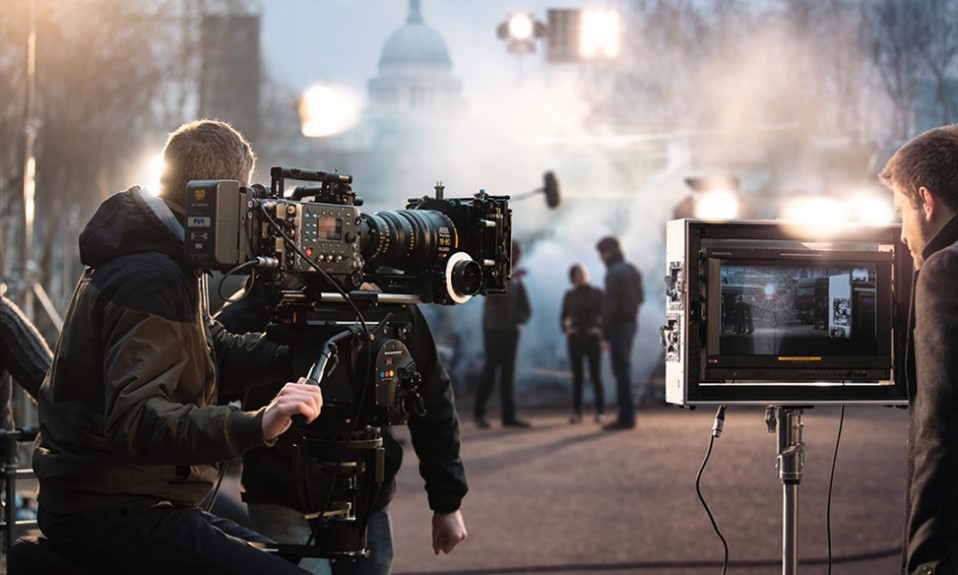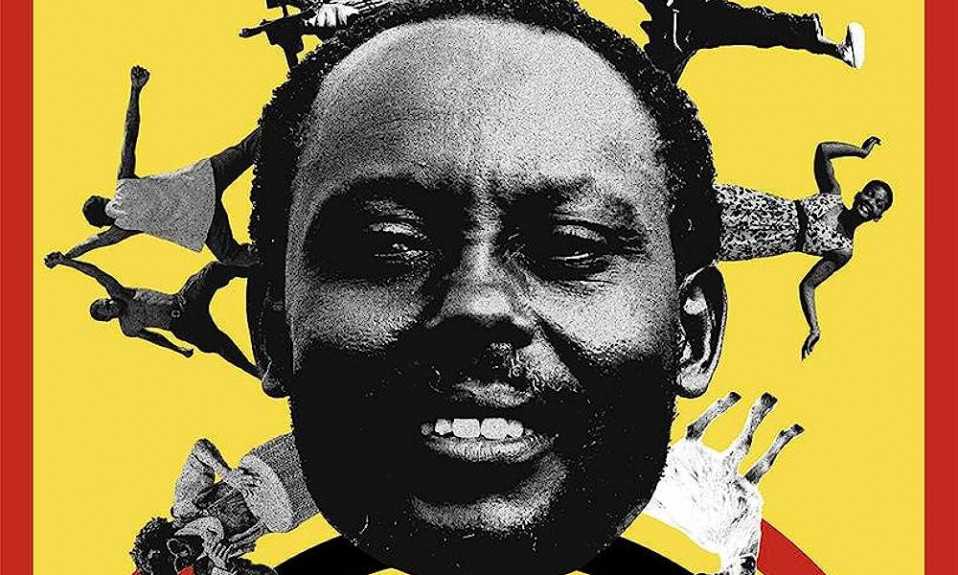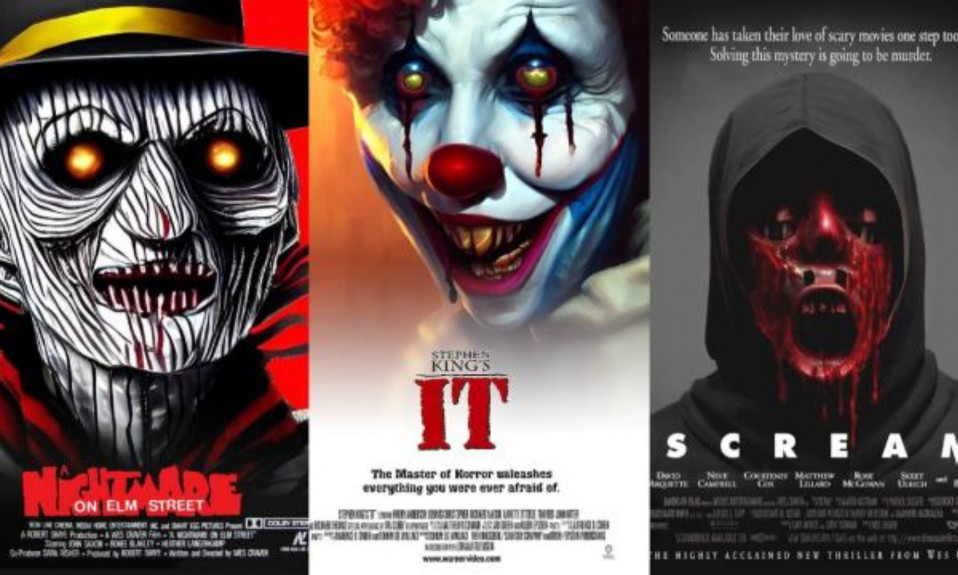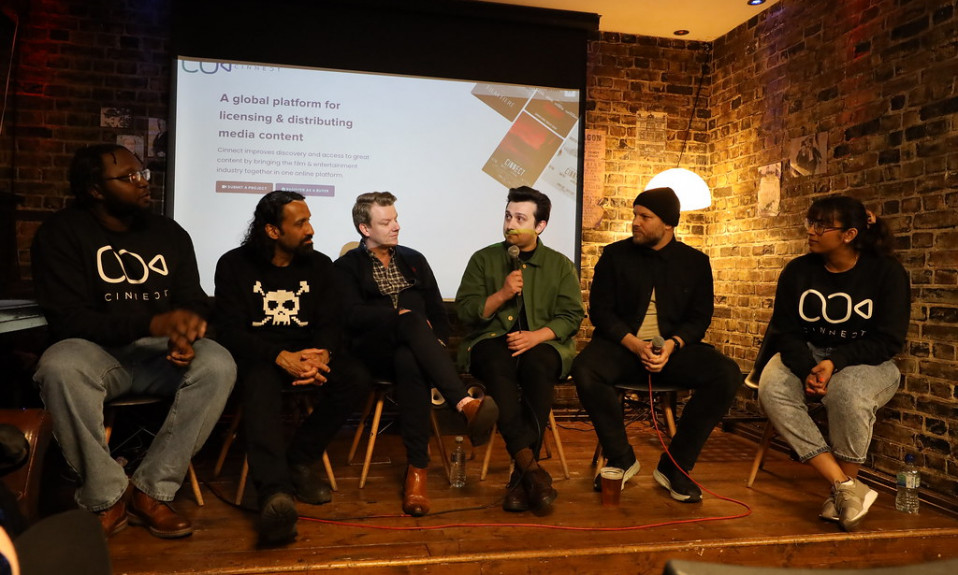Making your first feature film is a pivotal milestone for a filmmaker. From getting the right cast to working with the right producer, it can be a very daunting task, particularly if you’re working with a limited budget. So, we spoke to filmmakers who have independently completed their debut feature film to get practical advice on what to do when making your debut independent feature film. Here’s what they said…
Dom Lenoir (Director / Producer) – Winter Ridge (2018)
The right mindset & getting into cinemas.
Don’t let anyone tell you what you can’t achieve, set yourself a goal for the film you want to make and something that sets you on fire with passion and then comit to making it. Half the battle is just making a pledge with yourself that whatever happens you will keep going, every time you hit an obstacle you just take it one at a time and eventually you’ll have a film. And build yourself the infrastructure of a film before you even think about asking for money, when its ready to go and all you need is the funds then you are in a good place for investment.
Getting into cinemas isn’t nearly as hard as people think. The attitude is that if you don’t have Tom Cruise in your film it won’t fill seats, but you can target areas you have a base and market single screenings yourself and a lot of cinemas are receptive if you can guarantee some seats filled.
Winter Ridge is available to download and stream across all major platforms.
Jamie Noel (Writer / Director) – Lie Low (2019)
Getting the right location & filming with smaller crew.
Once I came to terms with the restrictions of a smaller crew and minimal kit, I was free to focus on the benefits. Sure, I couldn’t afford an Alexa, or an expensive lighting set up but by shooting with available light, a documentary size crew, a Sony A7s and a hand-held gimbal, we suddenly were so much more flexible and agile. We were able to capture more takes and grab coverage and cutaways on the fly, something that would normally add hours on to the schedule. Embrace your limitations, they will end up being the best ally you have.
Working on a micro-budget, very little was certain. It was especially hard to lock down locations. We had to stay malleable and adapt quickly when the ground shifted. Our main location changed weeks before shooting, this not only changed things in regard to the logistics of the production but also in terms of the tone of the film. You just have to run with it, every location will have something to offer if you’re open to it and fortunately, in the end, our final main location turned out to be a real gem.
Lie Low will be screening at film festivals later this year.
Andy Collier (Co-Writer / Co-Director / Producer) – Charismata (2018)
When is a script ready & raising money for your film.
I think you should never stop working on . Good actors should bring their own takes to a script right up to shooting (which may or may not be improvements but working through them is always valuable). The better question is when is ready to use as a basis for fundraising? That’s a “piece of string” question but I think you need to be 100% happy that you have a very solid script in terms of all of
Two methods for UK producers
- Package the script with a well-made lookbook (or at the very least one sheet) and a sensible business plan starting from sales projections given your genre and attached cast, and reverse engineer the budget to hopefully ensure break-even… and take that to the main markets (AFM, Cannes, Berlinale) and get meetings at the booths of as many sales agents, distributors, financiers as possible. And expect to get a lot of very encouraging responses in person that will 99.9% of the time fizzle out to nothing.
- Get the same package and try to get rich individuals to invest, using EIS or SEIS as a sweetener. Finding rich individuals can be difficult if you don’t know any, but angel investors or equity crowdfunding platforms can be found on the internet. Depending on where you shoot, there are often soft money schemes available. In the UK, HMRC will reimburse you 20% of audited UK spend, provided you get all the necessary admin done properly. Soft money can’t be used for production or usually even post-production budget (it takes a long time to arrive)… but it’s valuable for back-end costs etc.
Charismata is currently available in the U.S and will be available in the U.K later this year.
Sheila Nortley (Writer / Executive Producer) – The Strangers (2019)
Things to consider in pre-production & post-production.
I’d say one of the key things to consider in pre-production is post-production. You’d think it goes without saying but when filmmakers are first starting out a lot of the focus is on just getting through the shoot and getting the footage. It’s so important to get your post-production team in the loop as early as possible so that they’re not having to fix problems which could have been avoided but rather the shoot has been shot and delivered in a way which is not only the most efficient and convenient for them to be able to crack on but also the best way for the film overall. This also includes budgeting properly for
The Strangers will be screening at festivals later this year.
Mark A.C Brown (Writer / Director) – Guardians (2018)
Choosing the right producer & working on a limited budget.
On Guardians we had no money so my choice of producer was based on getting someone not for raising money but for their ability to use the resources we had at our disposal. So Fred Fournier was the man. We had worked together on many short projects and he had worked in several different capacities on each from sound, script supervisor, continuity, camera and editing. And he did a few of the scores. So his knowledge of and ability to communicate with pretty much every department was invaluable, saving us time, money and a fair amount of embarrassment for me as I knew very little technical stuff at the time of
Guardians will be released on Video on Demand later this year.
That concludes our advice from filmmakers! Look out for updates regarding the films featured. Big Picture Film Club would like to thank all of the filmmakers involved for their contributions.













